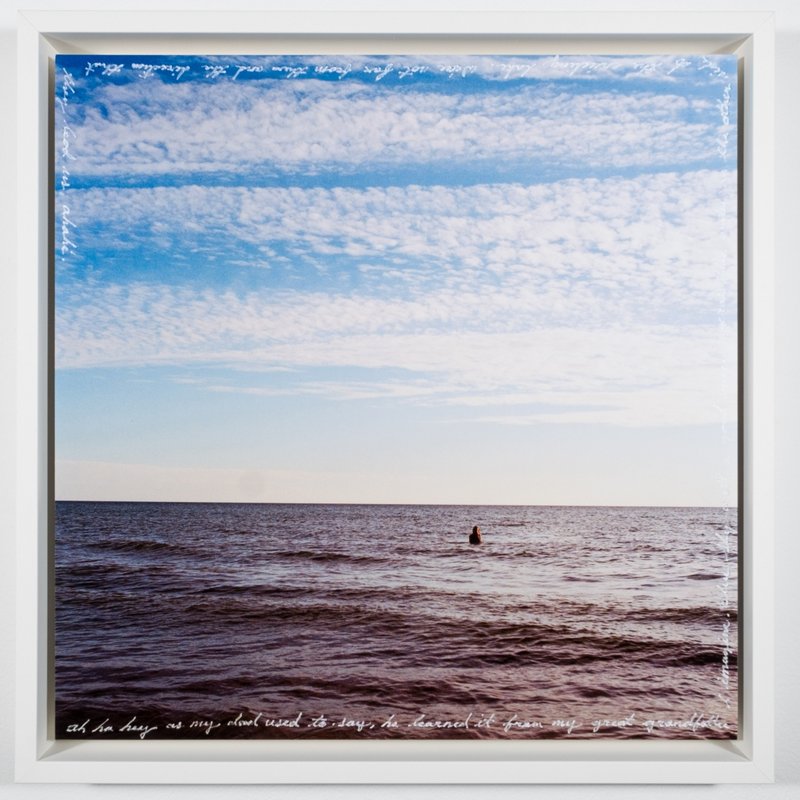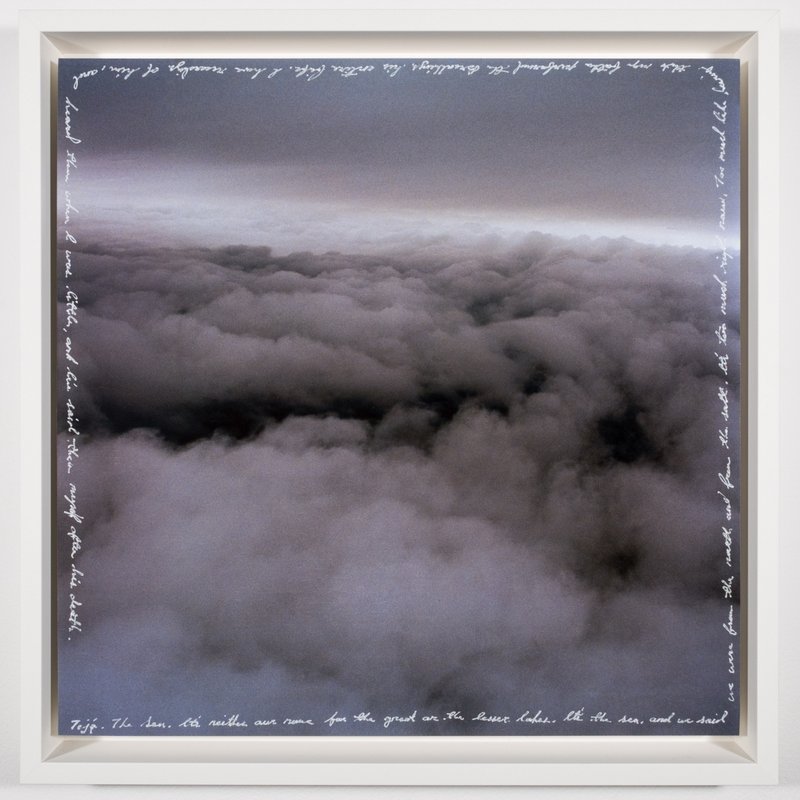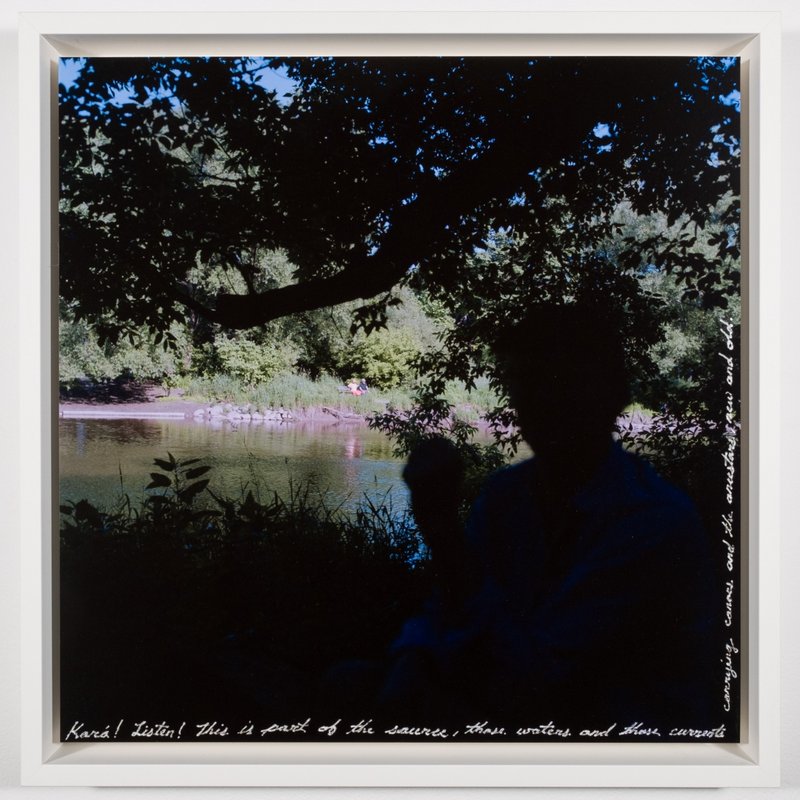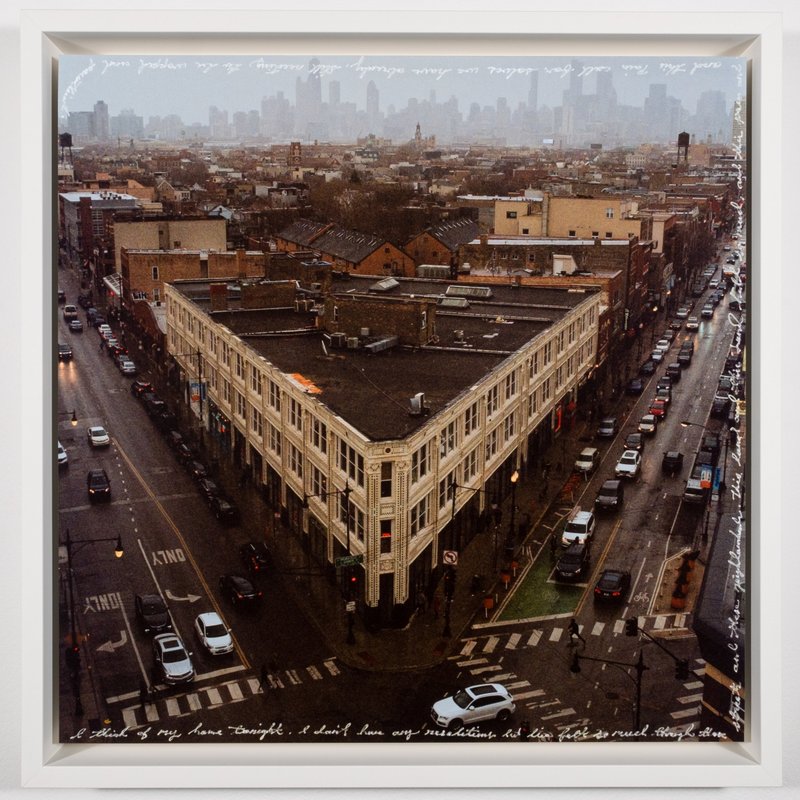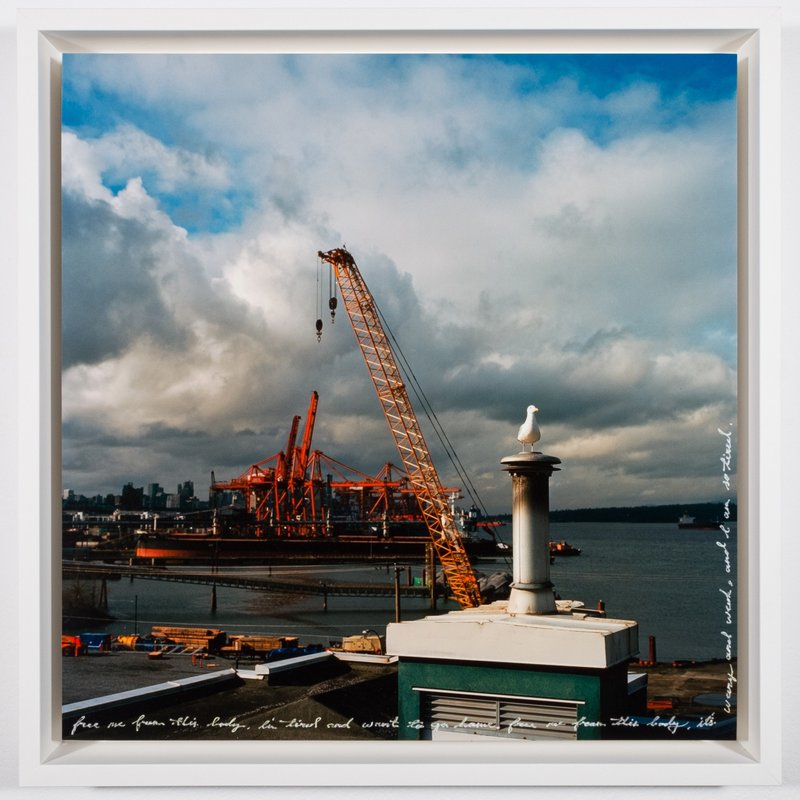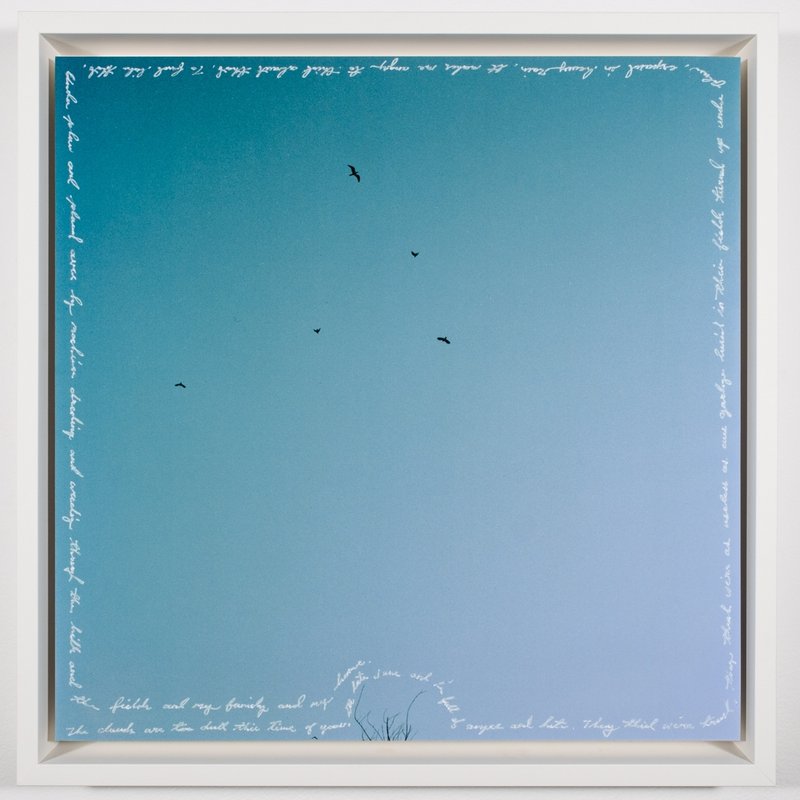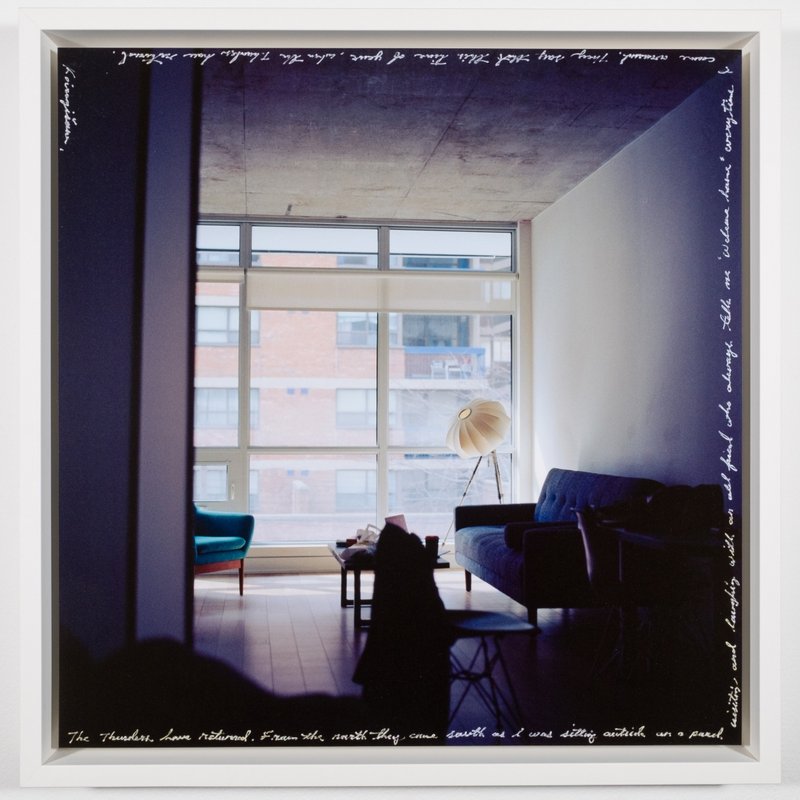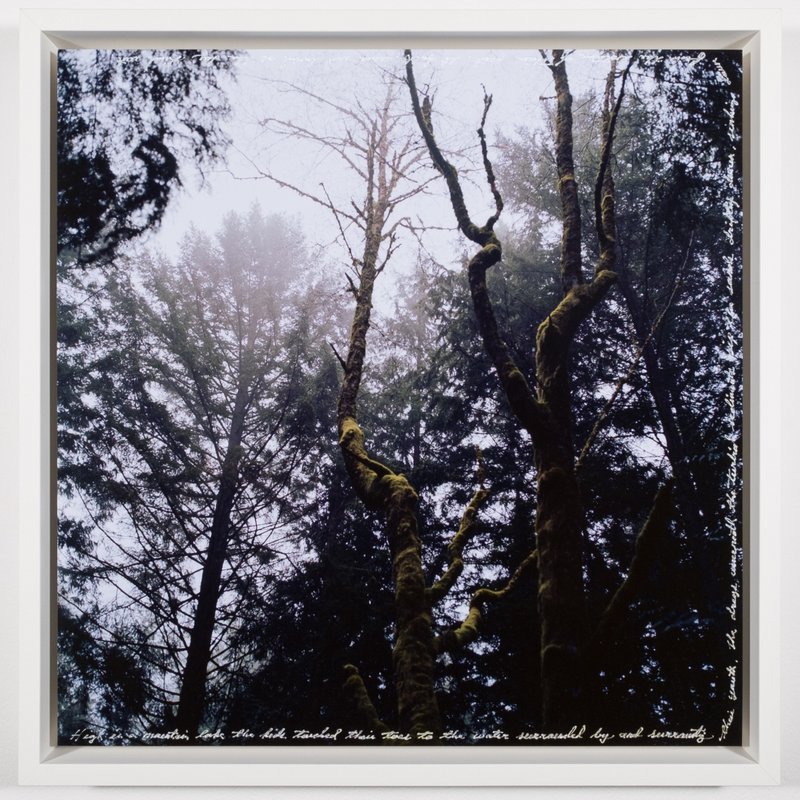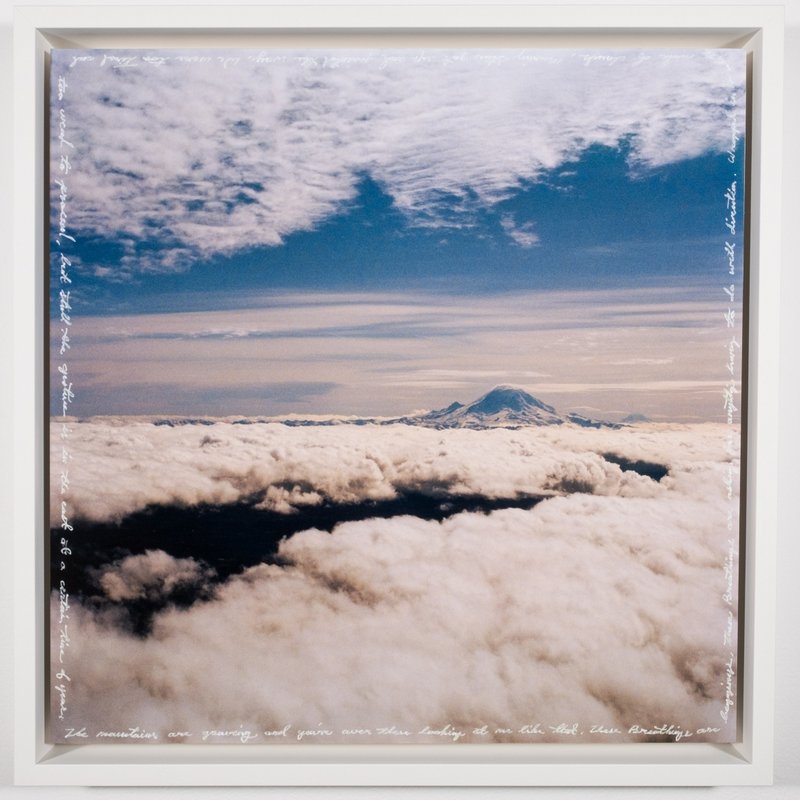Breathings
The clouds are too dull this time of year. It's late June and I'm full of anger and hate. They think we're trash, they think we're as useless as our garbage buried in their fields turned up under plow, exposed in heavy rain. It makes me angry to think about that. To feel like that. Under plow and over plowed and plowed over by machines dredging and weeding through the hills and the fields and my family and my home.
Breathings
I've been here and I've been there, and like words proclaiming an invocation, these photographs are their own exhalations, their own breathings, their own exaltations to the minute Heroka who bless and raze and give direction to matters concerning life and death. These landscapes are squared away and bordered off by breaths etched on their surface outlining pleas for quiet and respite, and bearings to help traverse weary landscapes of wayward histories.
These photographs were taken on an analog medium format camera and a rotary tool was used to etch and scrape text along the borders of the inkjet prints.
The land Describes Itself
over and over again, never repeating, never stuttering, never faltering in the language it uses to convey meaning and meaninglessness. Our interpretation of that voice and that presence is contingent on our thoughts and from where our meaning draws meanings. How do we hear and see something so grounded in our own sense of history? Usually by defining ourselves in place of these spaces.
The photos, are photos of photos from landscapes around the Pacific Northwest, the western Southwest, and the Great Lakes. Homelands of me and many different peoples, containing histories of many more. Projected 35mm transfers on transparencies illuminated by an Eiko overhead projector and photographed once more via digital camera. Their construction was guided by a desire to remove the intelligibility of a topography and the weighted memory of that production. Not the memory entirely, I’ve got nothing against nostalgia, but to create remembrance without longing or desire. An accretive scene so far removed from the place that was photographed, where the texts etched into the image are as hypothetical as they are hesitantly descriptive.
I’ve often had a difficult time in understanding my relationship to landscapes. I could never pinpoint why. These moving and static images attempt to stumble through that difficulty and uncertainty, with a shape given form by this poem from Franklin KR Cline, from his book–
SO WHAT
i’m trying
to avoid
this dangerous culture
of want
mercury it seems is always
in retrograde
it’s all getting jumbled
meanwhile i’m telling someone
i don’t remember
if they asked or not
about pastoral poetry it describes the land without calling it stolen
generally speaking
anyway
why write poems about the land
it describes itself
*So What by Franklin KR Cline can be found here*



